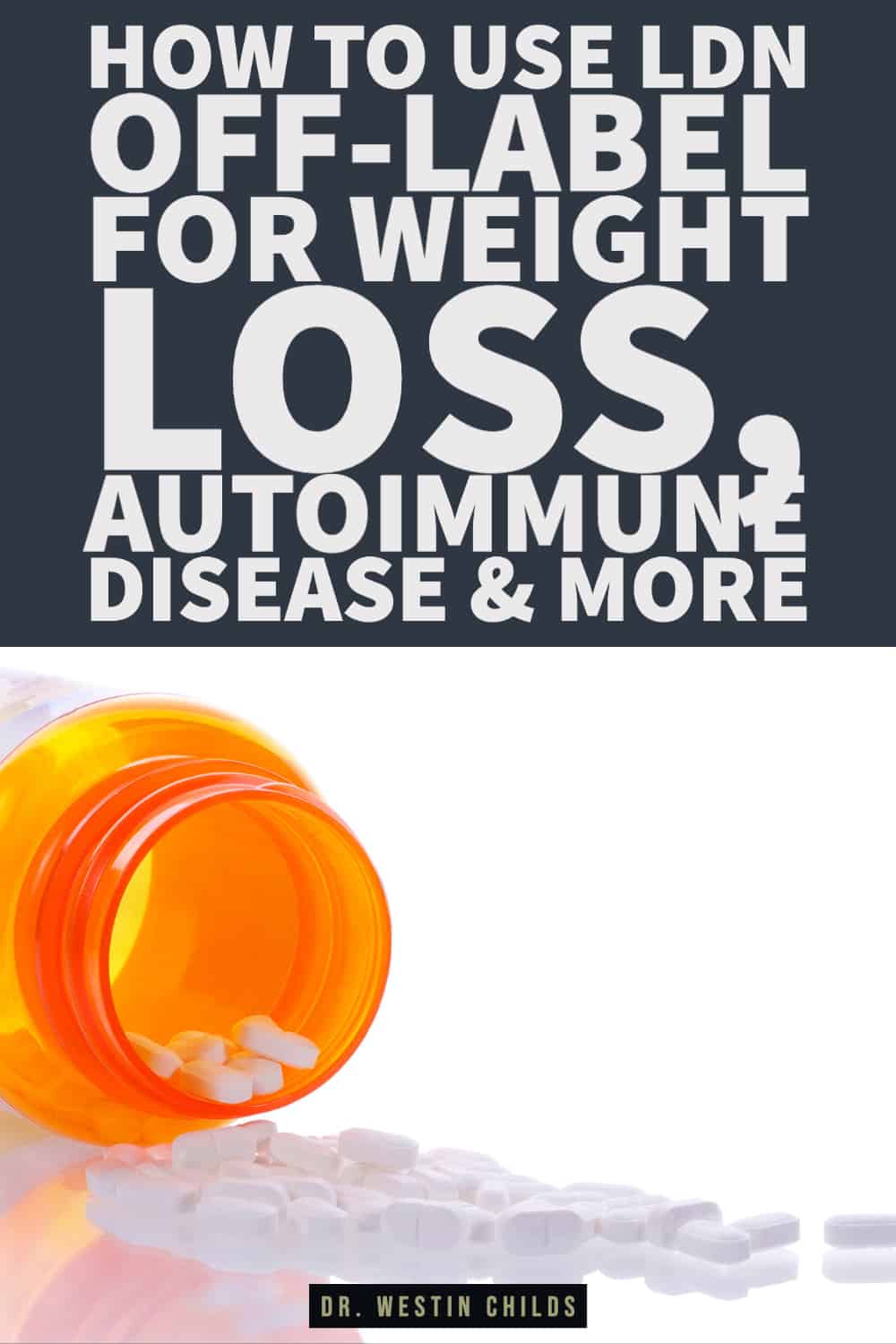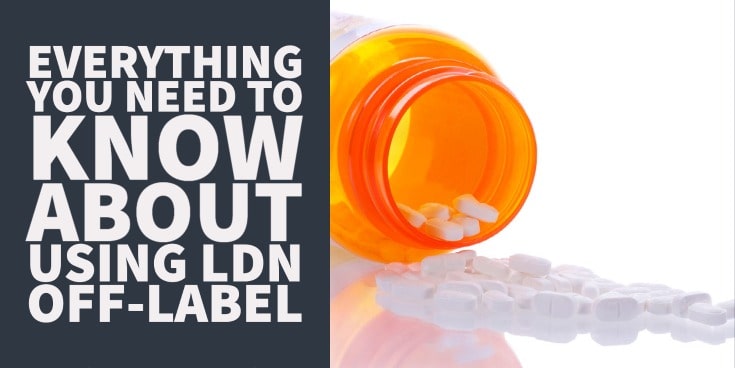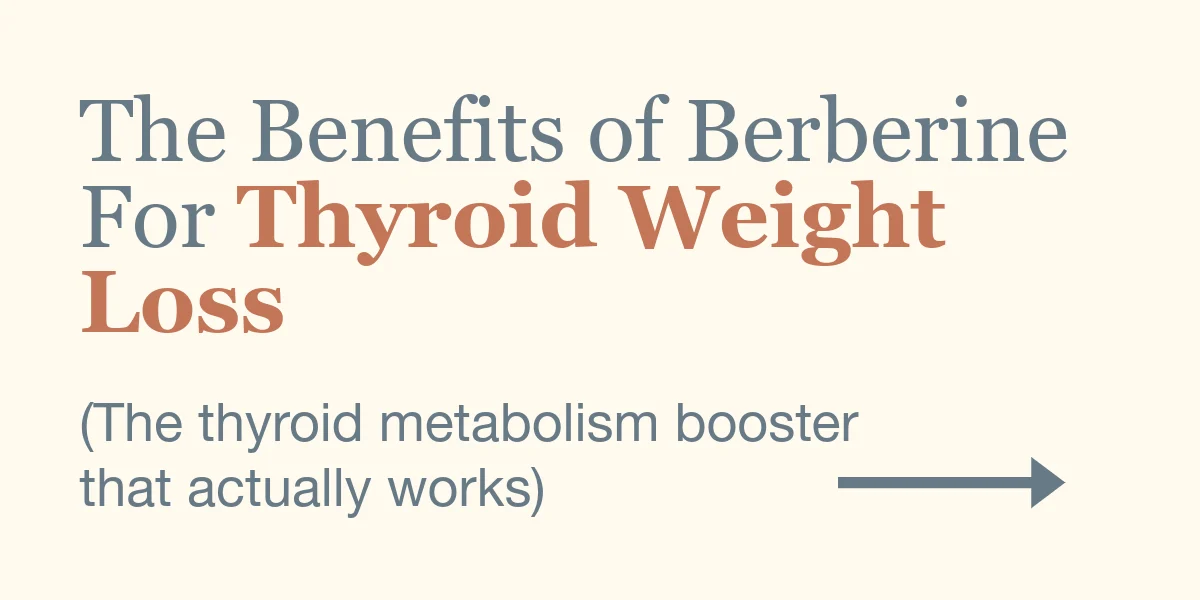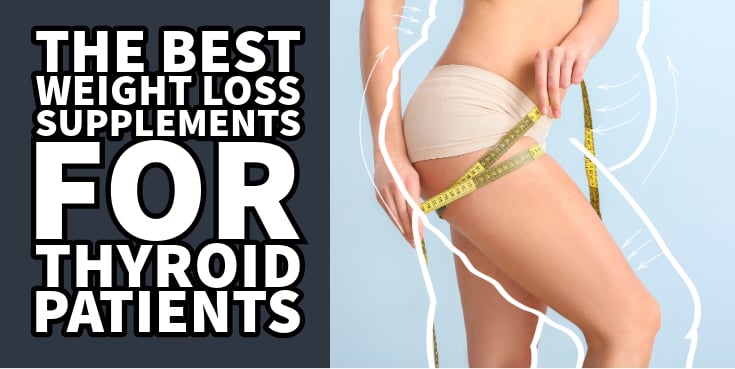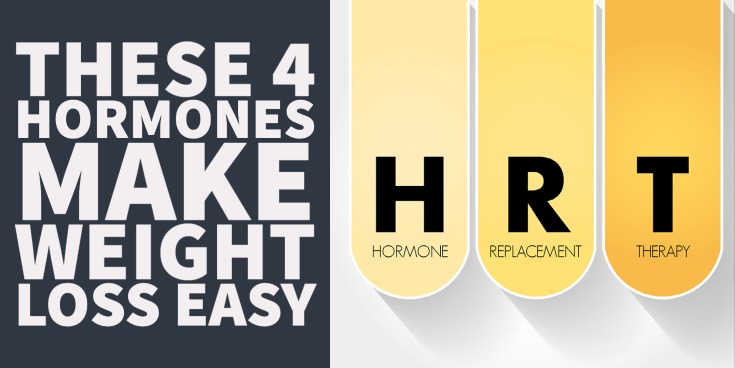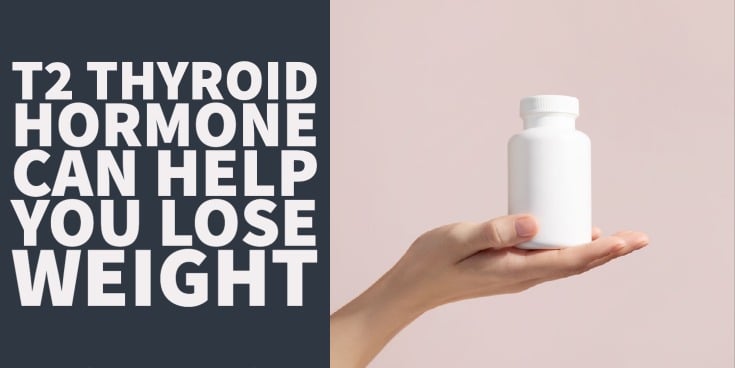Have you heard about the medication LDN?
Are you wondering if it works or if what you’ve heard is all hype?
In this post, I will dive into all aspects of LDN treatment including what conditions it can be used for, how to determine if you will respond to it, side effects associated with its use, and more:
DOWNLOAD FREE RESOURCES
Foods to Avoid if you Have Thyroid Problems:
I’ve found that these 10 foods cause the most problems for thyroid patients. Learn which foods you should avoid if you have thyroid disease of any type.
The Complete List of Thyroid Lab tests:
The list includes optimal ranges, normal ranges, and the complete list of tests you need to diagnose and manage thyroid disease correctly!
What is LDN (Low Dose Naltrexone) & Does it Work?
Low-dose naltrexone commonly referred to as LDN, is a prescription medication that can be used off-label to treat different kinds of diseases.
The diseases that people and Doctors claim that it works for tend to be difficult to treat diseases such as autoimmune disease and fibromyalgia.
Some of these claims are backed by scientific studies while others are anecdotal (meaning personal experience-based).
LDN use is especially high among integrative, function, and holistic doctors for these conditions.
But what exactly is LDN?
LDN, as a medication, was originally designed to treat alcohol and drug abuse (1).
It binds to certain receptors in the cells which removes the impact of alcohol and narcotics and blocks the pleasure sensation associated with their use.
The standard dose for this type of treatment is around 50mg or so (sometimes higher).
LDN differs from Naltrexone in that it is a much smaller dose, usually around 1.5mg to 4.5mg taken each day.
Because this dose is much smaller than the standard 50mg tablet it is usually acquired from compounding pharmacies.
But before you jump into using this medication it’s important to understand some of the basics.
Like what does it mean to use a medication off-label?
All prescription medications are approved to be used to treat very specific medical conditions.
What Doctors and patients have found, however, is that these medications can also be used to treat other medical conditions that they weren’t originally designed for.
This actually happens quite often and is fairly standard among conventional physicians, so the idea of using a medication off-label is not necessarily a new one.
A good example is the use of topical tretinoin.
Topical Tretinoin is used to treat acne, but doctors and patients found out that it actually reverses wrinkles and can be used as an anti-aging product as well (2).
This has sparked the use of Tretinoin in cosmetic dermatology clinics and plastic surgery clinics around the United States.
But generally, the decision to use a medication off-label comes as the result of thousands of physicians and patients claiming some benefit for using it.
Because LDN is predominately used by alternative physicians the use is not quite as broad as it would be if conventional physicians decided to use it as well.
But that doesn’t necessarily mean it doesn’t work.
When we talk about whether a medication works we need to focus on 2 different aspects:
#1. How well does it actually work? In other words, how efficacious is the medication?
For instance:
If we are talking about a blood pressure-lowering medication we are interested in a meaningful reduction in blood pressure.
A blood pressure medication that reduces systolic blood pressure by 1mmhg, even though it works, is not meaningful or effective in any way.
So in our example with LDN, we need to know if it actually helps reduce your symptoms (weight loss, autoimmune disease, etc.) in a meaningful way.
If it only helps improve your symptoms by 1%, even though it is technically effective, that’s not really a meaningful reduction.
#2. If it works, how frequently does it tend to work among patients?
The next most important point is how often does it actually work?
If we give LDN to 100 people, will 90 people experience some benefit or will 10 people out of the 100 experience some benefit?

This number matters because it can help explain why certain people feel better using LDN and why others seem to experience no benefit at all.
These might sound obvious, but they are important for understanding LDN (and many other integrative medications and therapies).
Where does LDN fit in when thinking about it in this way?
In my experience, LDN has variable effectiveness (meaning it works very well in some patients and not at all in others) and tends to work in around 20-40% of patients.
This means that out of every 10 patients treated, around 2-4 patients will experience significant benefits from using it.
Note: This number tends to be higher for weight loss (probably closer to 6-7 out of 10 patients).
This doesn’t mean that you should avoid this medication completely, but it does mean that you should walk into using it with realistic expectations.
With this in mind let’s discuss some of the potential uses:
LDN for Weight Loss
Believe it or not, LDN is actually FDA-approved to treat obesity.
LDN by itself isn’t FDA-approved but the medication Contrave is.
Contrave is a combination weight loss medication that contains naltrexone HCl and bupropion HCl.
Bupropion is Wellbutrin the anti-depressant and naltrexone is another name for LDN.
What’s interesting is that naltrexone in Contrave is dosed at 8mg per tablet.
This puts naltrexone at a slightly higher concentration than what is generally prescribed for treating an autoimmune disease which is normally around 1.5mg to 4.5mg.
You can read more about Contrave and how it works for weight loss in this post.
It’s important to discuss naltrexone in the setting of weight loss because it is FDA-approved for this use.
The other indications we will talk about below (such as autoimmune disease) are not as well established when compared to its use for weight loss.
But how does it work?
It’s not well understood how naltrexone helps with weight loss but we do know that it affects the body in several ways:
#1. It helps regulate appetite.
LDN seems to help reduce binge eating episodes and help normalize appetite (3).
#2. It helps sensitive your body to insulin (4).
#3. May help improve sleep (5) (reducing stress and other hormones).
Lack of sleep has been implicated in weight gain through its effects on hormone systems in the body.
#4. May modulate hypothalamic body set point (6).
Your hypothalamus helps regulate your body weight by controlling your appetite and metabolism.
LDN may be able to alter hypothalamic function and normalize both appetite and metabolism (though this still needs more research).
Remember that weight gain is a complex issue and one that is caused by multiple problems (not one issue).
Because weight gain is multi-factorial it means that not all weight medications will work for all people and LDN is no different.
In my experience, LDN tends to work best as a second or third-line weight loss medication or as a medication that is paired with other, more effective, weight loss medications.
As always, weight loss medications should never be used in isolation (meaning by themselves) and they should ALWAYS be accompanied by changes to your diet and exercise routine.
Bottom Line: LDN can be used for weight loss but it is often used at higher dosages. It can be combined with bupropion in the medication Contrave or both medications can be prescribed separately.
LDN for Hashimoto’s & Other Autoimmune Diseases
LDN is sometimes used to treat autoimmune diseases such as Hashimoto’s thyroiditis, Rheumatoid arthritis, and Crohn’s disease.
It is used off-label for these conditions, meaning it is not FDA-approved.
It’s important to realize that these studies are relatively small and while some studies show benefit, others have failed to show that benefit.
Again, it doesn’t mean that you shouldn’t use LDN if you have an autoimmune disease but you should learn more about the potential pros and cons before you jump in.
So how does it work?
The idea is that low doses of naltrexone tend to modulate the immune system and may help reduce the immune attack on your own body and tissues.
Autoimmune diseases tend to result from an impaired immune function in which your body attacks itself (8), confusing your own tissues as foreign invaders.
The conventional treatment for autoimmune disease generally focuses on reducing how effective the immune system is and not on “educating” your immune system between what is self and what isn’t.
Conventional therapies such as steroids and biologics (TNF alpha inhibitors) alter immune function which may leave you susceptible to other infections as they reduce immune function in the entire body.
LDN may act to “teach” or “educate” your immune system without suppressing immune function.
In this way, it may be used as monotherapy (meaning by itself) or combined with other immune-suppressing therapies.
In terms of efficacy (meaning how effective it is), not all patients with autoimmune disease tend to be responders.
Somewhere around 20-30% of patients who use LDN for an autoimmune disease may report a reduction in symptoms, but a large majority of patients will not experience any benefit.
But given the side effects of conventional medications and the safety of LDN, it may seriously be worth considering in many patients.
LDN for Chronic Pain & Inflammation
LDN can also be used to treat chronic pain syndromes and even fibromyalgia.
How and why it works is not well understood but it may be through its effects on inflammatory pathways.
LDN has been shown to act as a novel anti-inflammatory medication (10) which may cool down inflammation in the body and reduce pain.
LDN should be considered if you have fibromyalgia simply because it is well tolerated (it has few side effects), it is generally very cheap and it is widely available.
Side Effects
Whenever you think about using a medication you always need to consider the pros and the cons.
The pros would be the positive outcomes while the cons would be the potential negative side effects.
What this means is that most people who use it will either experience some benefit or no benefit at all.
Of those who experience no benefit, they will most likely not experience any negative side effects.
Rarely, some individuals can experience the following side effects:
- Nausea or stomach upset
- Insomnia (if this occurs you can take it in the morning)
- Loss of appetite (usually dose-dependent)
- Fatigue (rare)
An effective strategy for LDN is to give it a 1-2 month trial to see if it works for you.
If you experience negative side effects, without any positive benefits, then you can discontinue the medication.
Likewise, if you do not experience any improvement (weight loss, reduction in inflammation, reduction in pain, etc.) then you will most likely not experience any benefit and you can stop using the medication.
Bottom Line: LDN generally is not associated with negative side effects which means that it can be used for a trial period (just to see if it works) without too much concern.
Should you Use it?
So, after reading all of this, should you use LDN?
The answer probably has to do with where you are currently at in terms of what therapies you’ve already used and which you have left.
In my opinion, LDN definitely has some therapeutic benefits for some patients, but it needs to be used correctly.
In terms of importance and benefit, I often put LDN as a 3rd or 4th tier medication.
What that means is that I will try other therapies as 1st line medications over LDN and only use LDN when/if these therapies are no longer effective.
This strategy seems to work well given that certain people and patients tend to “respond” better to LDN than others.
The difficulty with using LDN is that it’s difficult to predict who will fall into this responder category.
Another point worth considering is that generally LDN is very well tolerated (meaning it has few side effects), so the risk of using it early in your treatment is quite low.
With that in mind, it may be worth taking the risk and determining if you respond to the medication or not.
I find that LDN works better for weight loss versus treating patients with autoimmune diseases.
Conclusion
LDN is a medication that is often used off-label to treat certain medical conditions ranging from autoimmune disease to chronic pain.
Naltrexone is also commonly used to treat weight loss, either by itself or in combination with Wellbutrin/bupropion.
LDN is generally well tolerated and associated with few side effects which makes it a relatively safe medication.
Because LDN does not work for everyone you may need to give yourself a trial period of 1-2 months of therapy to see if you are a “responder”.
Now I want to hear from you:
Have you used LDN before?
Did it work for you?
What conditions did you use it for?
How long have you been using it?
Leave your questions and comments below!
Scientific References
#1. https://www.ncbi.nlm.nih.gov/pubmed/1345133
#2. https://www.ncbi.nlm.nih.gov/pmc/articles/PMC2699641/
#3. https://www.ncbi.nlm.nih.gov/pubmed/9226337
#4. https://www.ncbi.nlm.nih.gov/pubmed/9831304
#5. https://insights.ovid.com/pubmed?pmid=24346745
#6. https://www.ncbi.nlm.nih.gov/pubmed/3006087
#7. https://www.ncbi.nlm.nih.gov/pubmed/24558033
#8. https://www.ncbi.nlm.nih.gov/pmc/articles/PMC1566249/
#9. https://www.ncbi.nlm.nih.gov/pubmed/23359310
#10. https://www.ncbi.nlm.nih.gov/pmc/articles/PMC3962576/
#11. https://www.ncbi.nlm.nih.gov/pubmed/28325149
#12. https://www.ncbi.nlm.nih.gov/pubmed/29377216
